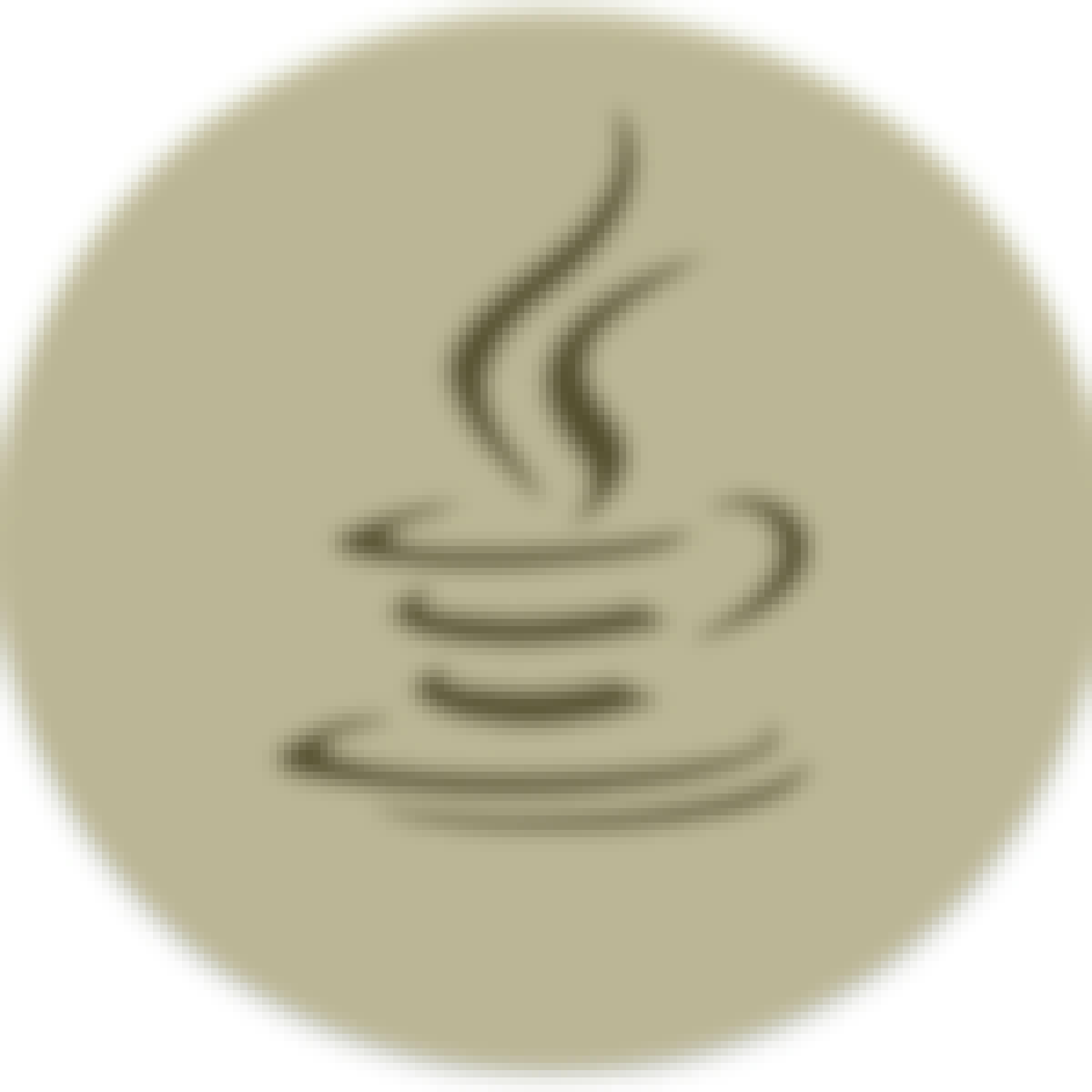- Browse
- Health Economics
Results for "health economics"
 Status: PreviewPreviewU
Status: PreviewPreviewUUniversiteit Leiden
Skills you'll gain: Risk Management, Business Risk Management, Operational Risk, Risk Analysis, Safety and Security, Environmental Issue, Cyber Security Strategy, Decision Making, Public Health
4.7·Rating, 4.7 out of 5 stars226 reviewsBeginner · Course · 1 - 3 Months
 Status: PreviewPreviewU
Status: PreviewPreviewUUniversitat Autònoma de Barcelona
Skills you'll gain: Public Policies, Policy Analysis, Environmental Policy, International Relations, European History, Political Sciences, Law, Regulation, and Compliance, Economics, Economic Development, Diplomacy, Governance, Sustainable Development
4.6·Rating, 4.6 out of 5 stars138 reviewsBeginner · Course · 1 - 3 Months
 Status: Free TrialFree Trial
Status: Free TrialFree TrialSkills you'll gain: Predictive Modeling, Data Ethics, Algorithms, Machine Learning, Predictive Analytics, Responsible AI, Artificial Intelligence, Statistical Modeling, Machine Learning Algorithms, Artificial Intelligence and Machine Learning (AI/ML), Data Collection, Risk Modeling, AI Product Strategy, Ethical Standards And Conduct, Computational Thinking, Economic Development, Economics
4.7·Rating, 4.7 out of 5 stars511 reviewsBeginner · Course · 1 - 4 Weeks
 Status: PreviewPreviewS
Status: PreviewPreviewSSapienza University of Rome
Skills you'll gain: Ancient History, World History, Art History, Social Sciences, Anthropology, Water Resources, European History, Cultural Diversity, Sociology, Economics
4.5·Rating, 4.5 out of 5 stars427 reviewsBeginner · Course · 1 - 3 Months
 Status: Free TrialFree Trial
Status: Free TrialFree TrialSkills you'll gain: Responsible AI, Anomaly Detection, Computer Vision, Artificial Intelligence, Microsoft Azure, Image Analysis, Natural Language Processing, Artificial Intelligence and Machine Learning (AI/ML), Applied Machine Learning, Data Ethics, Machine Learning, Large Language Modeling, Predictive Modeling
4.5·Rating, 4.5 out of 5 stars968 reviewsBeginner · Course · 1 - 4 Weeks
 Status: Free TrialFree TrialU
Status: Free TrialFree TrialUUniversity of Colorado Boulder
Skills you'll gain: Oil and Gas, Climate Change Programs, Environment, Governance, Energy and Utilities, Environmental Science, Environmental Monitoring, Physical Science, International Relations, Environmental Policy, Socioeconomics, Natural Resource Management, Hydrology, Economics, Cultural Diversity, Climate Change Adaptation, Geographic Information Systems, Mathematical Modeling, Transportation Operations, Social Studies
4.7·Rating, 4.7 out of 5 stars53 reviewsBeginner · Specialization · 3 - 6 Months
 Status: Free TrialFree TrialD
Status: Free TrialFree TrialDDartmouth College
Skills you'll gain: Command-Line Interface, C (Programming Language), Linux Commands, Linux, Embedded Systems, Embedded Software, Programming Principles, Computer Engineering, Linux Servers, File Systems, System Programming, Build Tools, Data Structures, Algorithms, Computer Architecture, Computer Programming, Software Documentation, Computer Science, Software Engineering, Debugging
4.6·Rating, 4.6 out of 5 stars429 reviewsBeginner · Specialization · 3 - 6 Months
 Status: Free TrialFree TrialU
Status: Free TrialFree TrialUUniversity of Illinois Urbana-Champaign
Skills you'll gain: 3D Modeling, Emerging Technologies, Manufacturing Processes, Computer-Aided Design, Industrial Design, Prototyping, Materials science, Business Economics, Product Development, Innovation, New Product Development
4.7·Rating, 4.7 out of 5 stars1.7K reviewsBeginner · Course · 1 - 4 Weeks
 Status: Free TrialFree TrialI
Status: Free TrialFree TrialIIntuit
Skills you'll gain: Reconciliation, Financial Statements, Financial Statement Analysis, Income Statement, Balance Sheet, Financial Reporting, Financial Analysis, Accounting, Analysis, Business Metrics, General Accounting, Cash Flows, Sales Tax, Accounts Payable, Equities, Payroll
4.6·Rating, 4.6 out of 5 stars776 reviewsBeginner · Course · 1 - 4 Weeks
 Status: Free TrialFree TrialD
Status: Free TrialFree TrialDDuke University
Skills you'll gain: Technical Communication, Cloud Infrastructure, MLOps (Machine Learning Operations), Cloud-Native Computing, CI/CD, Cloud Platforms, Cloud Computing, Application Deployment, Agile Software Development, DevOps, Software Engineering, Infrastructure As A Service (IaaS), Distributed Computing, Microservices, Continuous Delivery, Applied Machine Learning, Extract, Transform, Load, Cloud API, Google Cloud Platform, Machine Learning
4.4·Rating, 4.4 out of 5 stars480 reviewsIntermediate · Specialization · 3 - 6 Months
 Status: PreviewPreviewE
Status: PreviewPreviewEESCP Business School
Skills you'll gain: Cultural Diversity, Intercultural Competence, Supply Chain Management, Business Strategy, Retail Store Operations, Business Development, Sustainable Business, Global Marketing, Market Dynamics, Innovation, Negotiation, Investments, Digital Marketing
4.4·Rating, 4.4 out of 5 stars138 reviewsBeginner · Course · 1 - 3 Months
 I
IInstituto Tecnológico de Aeronáutica
Skills you'll gain: JUnit, Object Oriented Programming (OOP), Java, Java Programming, Object Oriented Design, Unified Modeling Language, Unit Testing, Software Engineering, Agile Software Development, Software Design, Software Development, Programming Principles, Eclipse (Software)
4.8·Rating, 4.8 out of 5 stars1.1K reviewsIntermediate · Course · 1 - 3 Months
Searches related to health economics
In summary, here are 10 of our most popular health economics courses
- Risk in Modern Society : Universiteit Leiden
- Unión Europea: Historia, Instituciones y Políticas: Universitat Autònoma de Barcelona
- Artificial Intelligence Algorithms Models and Limitations: LearnQuest
- At the Origins of the Mediterranean Civilization: Archaeology of the City from the Levant to the West - 3rd-1st millennium BC: Sapienza University of Rome
- Artificial Intelligence on Microsoft Azure: Microsoft
- Arctic Meltdown: University of Colorado Boulder
- C Programming with Linux: Dartmouth College
- The 3D Printing Revolution: University of Illinois Urbana-Champaign
- Financial Statement Analysis: Intuit
- Building Cloud Computing Solutions at Scale: Duke University










